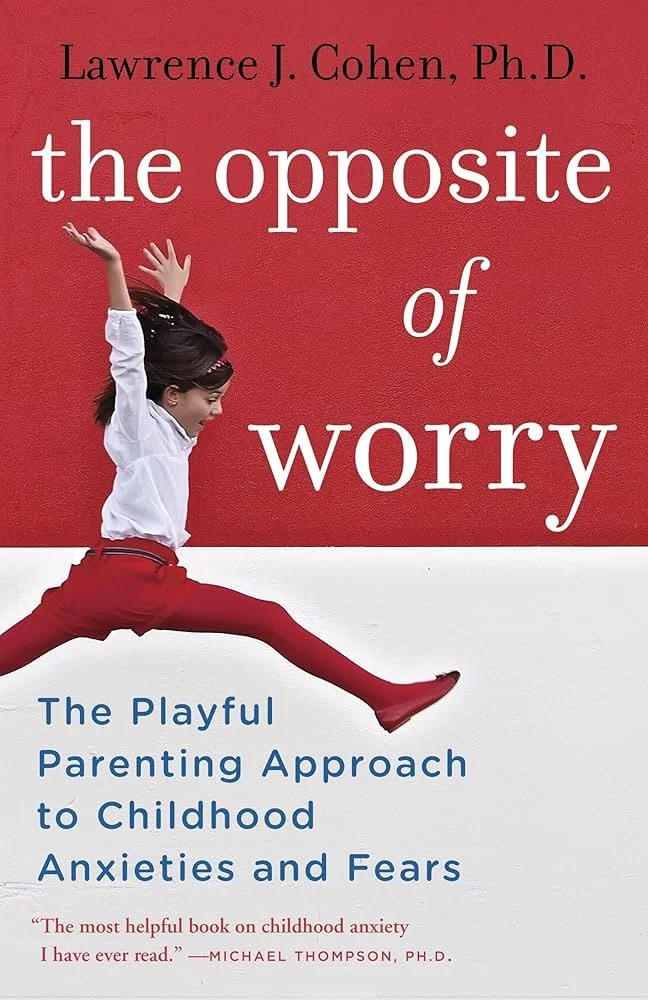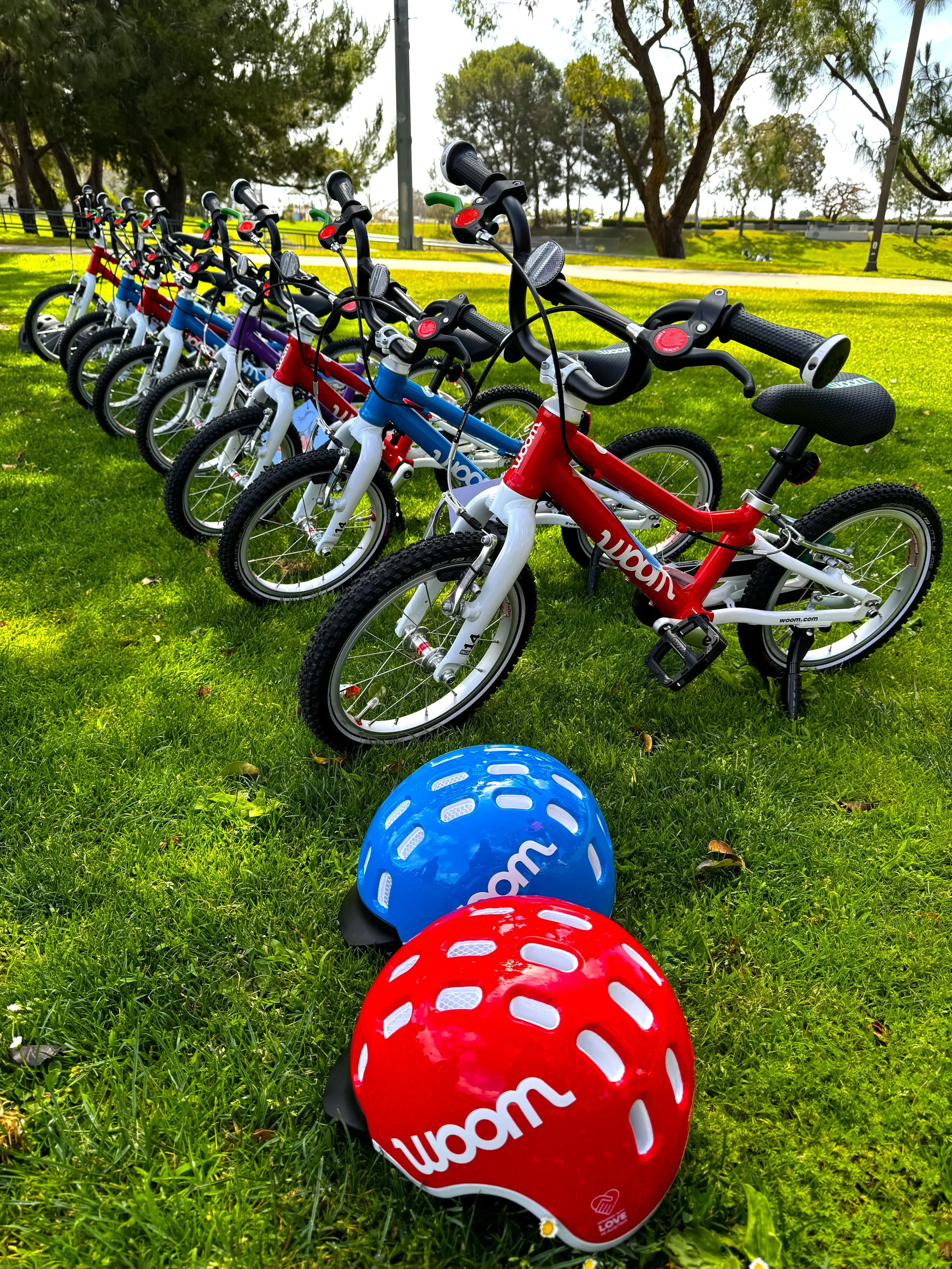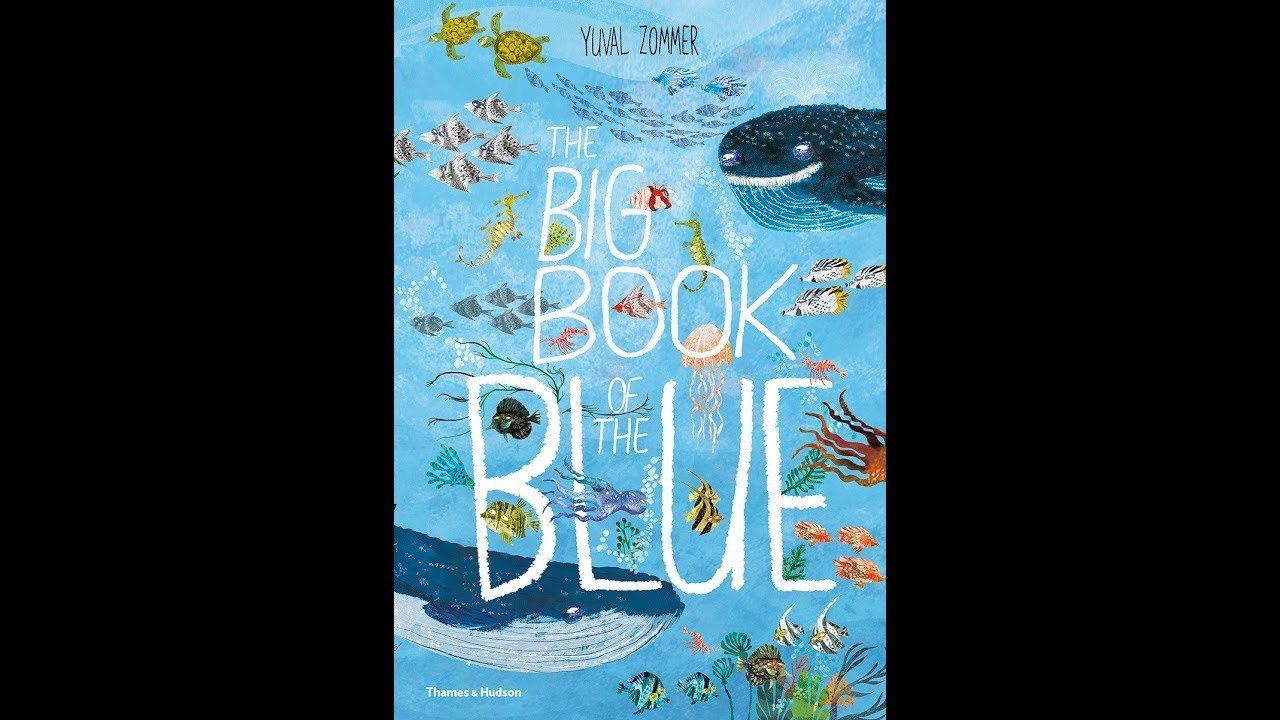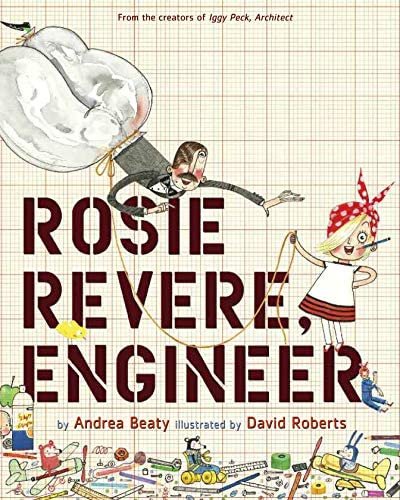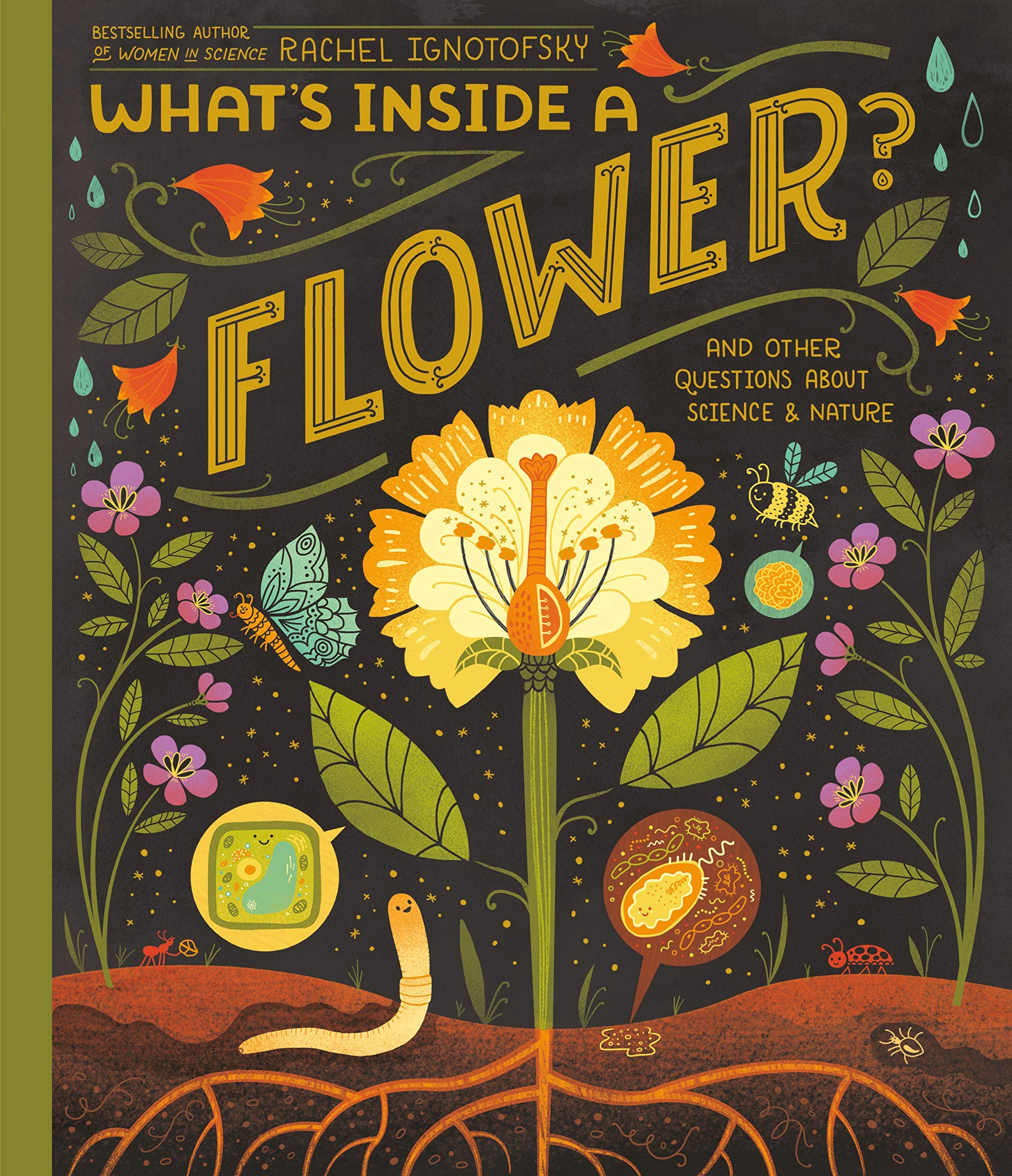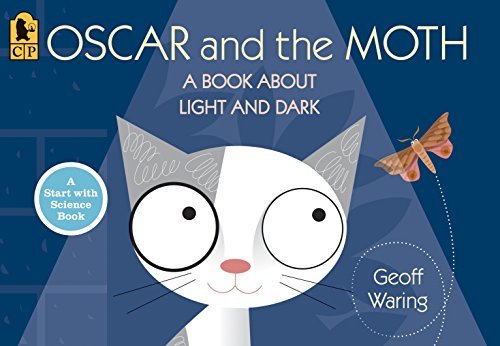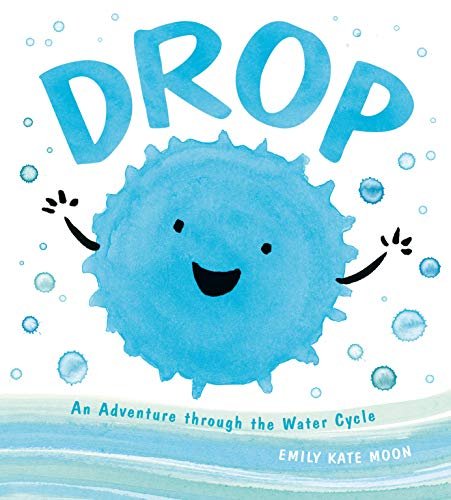Roots and Wings Junior Kindergarten
Age Group: 4.9 - 5.3 years
Group Size: 16 Children
Teachers: Two full-time Teachers & specialty teachers. Hours: 8:15am-3:00pm
Our Educational Philosophy.
-
Roots and Wings Junior Kindergarten is a multi-dimensional program rooted in nature-based philosophies, STEAM (Science, Technology, Engineering, Art, and Math), and experiential learning. Through these methods, Roots and Wings is able to adequately prepare four-and five-year-olds for Kindergarten and continued developmental success thereafter. Roots and Wings prepares children for the demands of Kindergarten through a strong emphasis on social emotional skills, problem solving, critical thinking and peer collaboration. These core tenets of positive cognitive growth contribute to a strong foundation of academic readiness that is essential to lifelong success as global citizens.
-
Roots & Wings was founded to promote the sciences, visual arts, and nature-based exploration as a means of developing imaginative thinking and a better understanding of the world. The founder, directors and families believe that early childhood education is the crucial foundation for life, and doing so in the outdoors is essential for supporting the sensory integration of a child and is a dynamic way to become interconnected at a young age.
Through the Roots & Wings experience, it is our goal to lay a basic foundation for developing strong self-esteem, self-knowledge, respect and empathy for other people. Our multicultural curriculum is designed to open each child’s mind, ignite their imaginations and give them the confidence to become independent thinkers. Together we will strive to discover and to recognize what makes each of our children unique, and we will work to foster their strengths and develop their weaknesses.
The educational experience at Roots & Wings is not only for the child, but for the parents, families and teachers as well. Communication between home and school is a vital part of the learning process. For our children to learn effectively, teachers and parents alike must continue their own growth so they can have an accurate understanding of their child’s world today.
-
At Roots and Wings Junior Kindergarten, children are encouraged to learn about, through, and alongside nature. The campus is designed to inspire children to become stewards of the natural world around them by utilizing two outdoor spaces: one for free play and one as a learning space, or “outdoor classroom.” We believe that fostering a passion for the outside world at a young age is an important step towards the efforts to conserve and protect our planet. We draw upon the life and work of Jane Goodall when we consider the importance of conservation. She captured our philosophy when she said, “My mission is to create a world where we can live in harmony with nature.”
-
Roots and Wings is focused on Kindergarten readiness and strives to prepare children for a myriad of educational settings. One of the main philosophies embedded within Roots and Wings Center is the concentration on STEAM (Science, Technology, Engineering, Art, and Math) due to its integration into all other content areas, while paying attention to differentiation and project-based learning. STEAM transcends the simple mastery of required curriculum and focuses on developing students into inspired and passionate science learners. STEAM-based curriculum equips children with the tools and techniques to solve problems and address challenges germane to a symbiotic, global human experience. We have a whole Makerspace dedicated to the exploration of this pedagogy.
As mentioned above, STEAM is best applied through experienced-based learning. This is facilitated by interactions with and observations of the natural environment. Roots and Wings Center Transitional Kindergarten implements experience-based learning by following the interests of the children while fusing those passions with current global needs.
-
At Roots and Wings Junior Kindergarten, we are committed to meeting the social-emotional needs of every child. Through our highly educated staff, open-ended curriculum, and deep emphasis on relationships, children are given the space to grow and develop into community-minded and self aware children. Roots & Wings will meet children at their respective social and emotional capacities and will scaffold their cognitive learning based on their individual needs.
Through our implementation of validating and naming emotions, clear and fair expectations, and natural consequences children are treated with respect and dignity while learning how to function as members of a community. Readiness for Kindergarten is multi-faceted and children with a strong foundation in social-emotional awareness can thrive in a broad range of educational environments. Therefore, social-emotional development lies at the core of Roots and Wings’ ethos. As stated by Dr. Dilipt Jeste, “this is the human condition. We live on a spectrum, with emotion at one end and reason at the other. Wisdom involves a balancing act between these two, called homeostasis.” These sentiments espoused by Dr. Jeste resonate with the conscience of Roots and Wings Junior Kindergarten.
”The Brain is most interested in survival and has a deep need for relating to others.”
This is Social Awareness.“If you want your child to do well in math in her/his later years, the greatest thing you can do is to teach her /him impulse control in her /his early years…If you feel safe and loved, your brain becomes specialized in exploration, play and cooperation; if you are frightened and unwanted, it specializes in managing feelings of fear and abandonment.”
This is Self Awareness.
All quotes by John Medina. -
Why Social Thinking?
Social thinking is the process by which we interpret the thoughts, beliefs, intentions, emotions, knowledge and actions of another person along with the context of the situation to understand that person’s experience. If we are engaging or sharing space with another person, we use this information to determine how to respond to affect the thoughts that person has about us to achieve our social goals (such as being friendly to maintain a friendship).
As Christina Cipriano, Director of Research at the Yale Center for Emotional Intelligence (YCEI) explains, "It’s a daunting reality, no question, but the worst thing we can do for our teachers, students, and families is de-prioritize SEL during the pandemic."
Cipriano expands: "It is next-to-impossible to expect teaching and learning to occur in a crisis without attending to our emotions."
Social thinking is our meaning maker - it allows us to interpret the deeper meaning behind what others do in the world, and (if the situation calls for it) prompts us with how to respond. A child’s social thinking ability has a considerable effect on his or her relationships and success in school and future work. It affects their social skills, perspective taking, self-awareness, self-regulation, critical thinking, social problem solving, play skills, reading comprehension, written expression, ability to learn and work in a group, organizational skills, etc.
The same social thinking ability required to relate effectively to people around us is also essential for success in academics. Students must use social thinking constantly at school, to work effectively as part of a group, stay on task, figure out the expected times to talk in class, and share space well with others in the classroom, eating lunch, and on the playground. Social thinking is also critical to succeed in individualized academic tasks, such as reading a book. Social thinking is required when reading stories to understand the deeper meaning behind the actions of the characters and their relationships.
If a student has poor social thinking abilities, he or she will struggle to take the perspective of characters, figure out how they are affected by others, and understand why characters act and feel as they do. These students tend to be “more literal” in how they interpret social cues and can have very strong factual learning. They tend to do better with informational text but are weak in comprehending social literature.
Improving children's social thinking begins with improving self-awareness. Only as children gain awareness of their own thoughts, emotions, and intentions can they become increasingly aware of the thoughts, emotions, intentions, and actions of others. As a result, they are better able to use the information they've gained from their social thinking to inform many things they do throughout the day. Improving a child’s social thinking will help improve their social skills (social behavior), reading comprehension, written expression, narrative language, ability to work as part of a group, ability to make and keep friends, etc. Much of what we do in school, at work, and as part of the community requires understanding the perspectives of other people. It all requires social thinking.
-
Teaching mindfulness is both one of the major principles of Roots and Wings and a facet of our teaching that distinguishes us from other programs. Mindfulness is the ability to achieve moment to moment awareness of your thoughts, feelings and sensations from the world around you. We believe there is no “right” or “wrong” way to feel, but rather an opportunity to change and adapt. At Roots and Wings, we draw upon the work of Susan Kaiser Greenland, author of “The Mindful Child” and a pioneer in mindfulness education. Our faculty has been trained by her program, The Inner Kids, in preparation for this important work. Her work and methods are proven to give children the tools to become self-aware and grounded. She states, “When our mind’s quiet, we’re better able to see what’s happening within and around us.” We wholeheartedly believe in the development of the whole child and that integrating mindfulness into the curriculum is crucial to overall happiness and wellbeing.
We are also deeply influenced and mentored by the research from Dr. Richard J. Davidson, a professor of psychology and psychiatry at the University of Wisconsin-Madison, as well as founder and chair of the Center for Healthy Minds and the affiliated non-profit Healthy Minds Innovations. He is known for his research and studies on the neurological effects of meditation.
Davidson’s quest lies in that “[he] envision[s] a day when mental exercise will be as much a part of our daily lives as physical exercise and personal hygiene.” We follow the training of The Healthy Minds Framework for well being on focusing on Awareness, Connection, Insight and Purpose. With the goal or purpose of cultivating well being.
Our Golden Threads are :
• Patience
• Open Mindedness
• Appreciation and Gratitude
• Presence Moment Awareness
• Ripple Effect
• Allowing and Self Compassion
• Looking and Seeing clearly
• Interconnectedness
“Empathy can be cultivated, and doing so transformers our children’s lives.”
–John Medina
-
Roots and Wings will incorporate an introduction to traditional sports in its PE Classes. Children will gain meaningful exposure to baseball, soccer, basketball and track and field in the middle of nature, which will help guide their sports preferences in years to come. We will be targeting gross and fine motor practices coupled with communication skills development, “which lay the foundation for all other skills,” which is especially important in current times since children have not been getting nearly enough of practice in this area since the pandemic started. This is backed up by research by Melinda Wenner Moyer from Springer Nature Limited.
-
The benefits of bilingual education can begin with students in early childhood like preschool and transitional kindergarten follow them throughout their lives.
In our Roots & Wings program we teach Spanish through integrating it into Physical Education & play. We have four coaches during PE in order to reach the diverse skills of children – two of our teachers, who are native speakers, do this completely in Spanish, in our methodology of TPR.
When you teach bilingualism, you are teaching the importance of identity, and in that, the diversity across humanity. This expertise of acquiring language in early childhood is essential as it increased the neuroplasticity, thus optimizing the development of the brain. According to Moheb Costandi's 2016 book by the same name, "Neuroplasticity is the ability of neural networks in the brain to change through growth and reorganization." The Seven Arrows Way of Education is centered on the exploration of different cultures, in part through Spanish exposure, where children get immersed in an environment that celebrates diversity and inclusion. Having four native speakers as teachers, men and women, as part of our faculty, is essential for this exploration. This is language in action.
We also teach Spanish during our Spanish academic and art classes with our teachers; during one of our meeting times, we learn bilingual songs once a week, thus integrating this exposure in all modalities to produce an immersion, which means to create a feeling that language is every where. Annually, we celebrate El Día de los Muertos – in the form of a large gathering & performance – during which we teach dance in Spanish, recalling the traditional culture of this celebration. We take on that whole world and immerse ourselves in the music, the dress, and dance. Our philosophy, which is based on – and fully integrates an Anti-bias Curriculum – is essential so that children can identify their place in their culture, as well as other's cultures. This is integral for children, so they may develop roots around the values of different cultures and importance of celebrating them.
-
Roots and Wings will work closely with parents in developing an individual learning plan for each child – we meet children where they are. We believe in “The Theory of Multiple Intelligences,” from Dr. Howard Gardner, PhD. and adapt to the learning styles of each child, modifying instruction in an array of tailored formats in order to reach the individual. Our Outbound Admission Team will coach parents on their Kindergarten options and work closely with them throughout the important application process.
"We can recognize that relations between children and the people that care for them are amongst the most important of all."
—Alison Gopnik, The Gardener and the Carpenter
Sample Daily Schedule.
8:15-8:30
Drop off
8:30-9:00
Morning meeting
9:00-10:00
Centers of exploration: Inside academic time & language arts
10:00-10:25
Snack time or music or PE
10:30-11:00
Outside nature-based play outdoors
11:00-11:30
Spanish language immersion or social thinking or mindfulness or art
11:30-12:00
Story time or Dance or Hands-on Centers (math or language arts exploration)
12:00-12:40
Lunch & recess
12:45-1:30
Hands-on Centers (math or language arts exploration)
1:30-2:00
Closing meeting
2:00-3:00
Movement & sports or makerspace
3:00
Dismissal
3:30-5:00
Aftercare
Aftercare for Junior Kindergarten: Monday, Wednesday, Thursday, Friday: 3:30 - 5pm. Tuesday, from 2:30-5pm.
Children’s Literature we love.
Parent Resources and Foundational Aspects of Roots and Wings.
We partner with our parent community in the latest early childhood research.




